April 15, 2025 | 22:22 GMT +7
April 15, 2025 | 22:22 GMT +7
Hotline: 0913.378.918
April 15, 2025 | 22:22 GMT +7
Hotline: 0913.378.918
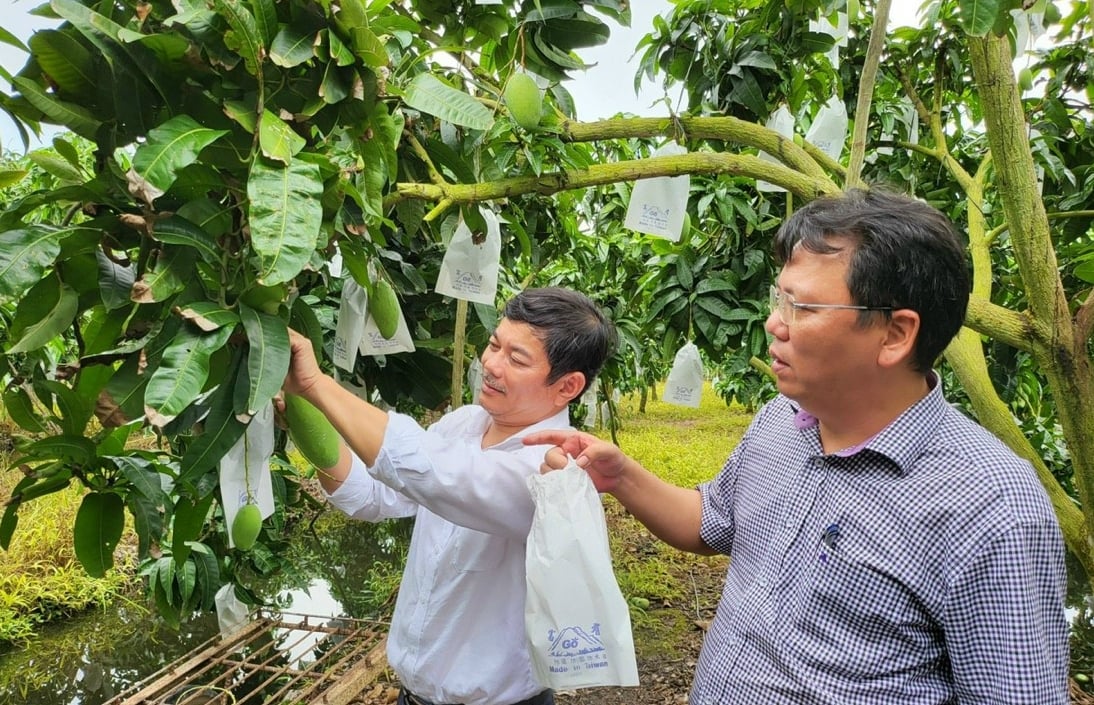
Ngo Xuan Nam and Deputy Editor-in-Chief of the Vietnam Agriculture Newspaper Tran Van Cao surveyed the mango growing area for export.
The Free Trade Agreement between Vietnam and Israel (VIFTA) was officially signed on 25 July 2023. The agreement consists of 15 chapters and several appendices about trade in goods, services, and investment, rules of origin, technical barriers to trade (TBT), sanitary and phytosanitary measures (SPS), customs, trade remedies, government procurement, and legal and institutional framework.
Chapter 6 includes 13 articles and an appendix specifying the focal point of contact between the two sides to exchange and implement VIFTA.
On this occasion, Dr. Ngo Xuan Nam - Deputy Director of Vietnam SPS, the focal point for SPS measures of WTO member countries - had discussions with Vietnam Agriculture Newspaper about upcoming opportunities and challenges and some advice to businesses to exploit VIFTA effectively.
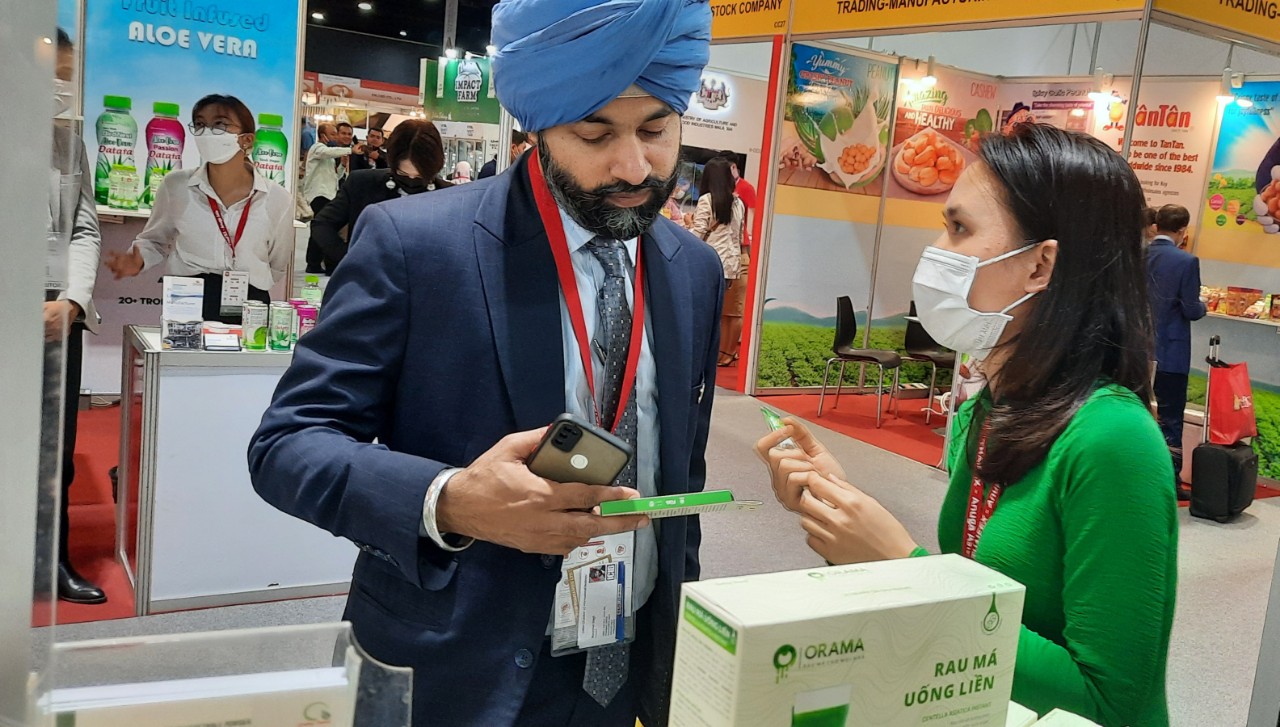
About 20% of Israelis are Muslim. If Vietnam can bring more agricultural products to this market, Vietnam will have more opportunities to conquer the Halal market.
The Vietnam Agriculture Newspaper published the entire content shared by Dr. Ngo Xuan Nam:
"13 articles in Chapter 6 have covered all content related to measures for food safety and animal and plant disease safety in trade in agricultural products, in which some key issues such as recognition of equivalence have emerged, the procedure for making a list of facilities that the two sides agree to serve for import and export, or a contact point.
Regarding the contact point, this is extremely important content in the process of trading agricultural products, especially when businesses need to know information about new markets, changes in SPS measures, or when they need to fix related problems. If do not understand for sure or know the clues of information, businesses will be confused in asking for support and coordinating to solve.
In Chapter 6 of VIFTA, the two sides clearly define the contact point. For Vietnam, it is the Vietnam SPS Office under the Ministry of Agriculture and Rural Development or the agencies specified in Decree Decree 15/2018/ND-CP of the Government. The Israeli side is the Foreign Trade Administration Department under the Ministry of Economy and Industry or its affiliated agencies.
Specifically, businesses can contact the Plant Protection Department for products of plant origin, the Department of Animal Health for products of animal origin, the Department of Processing Quality and Market Development for aquatic products, the Food Safety Department (Ministry of Health) for functional food products, the Department of Science and Technology (Ministry of Industry and Trade) for flour and bakery products.
As for the general contact, businesses can contact directly via the phone number of the SPS Vietnam, or find out through the SPS Vietnam's website.
The second is equivalence recognition. This can be seen as a tool, facilitating trade and bringing mutual benefits to both importing and exporting countries, even considered as a lever to promote business in goods.
In a nutshell, the rule of recognition of equivalence means that when a particular group of products or products is certified by the exporting party to satisfy food hygiene and safety standards, it will be accepted by the importing party. The importer approves the management measures and agrees to the customs clearance of the goods.
The recognition of equivalence has a significant meaning, helping to speed up the circulation of goods, reduce the time of procedures, and indirectly create more benefits for businesses.
To achieve equivalence recognition on certain groups or products, the two sides need to provide scientific evidence or apply the regulations of international organizations such as WTO, OIE, and IPPC, among others to use the same.
When meeting to protect human health and harmonize with international regulations, the two sides will recognize each other's equivalence based on the signed free trade agreement.
With VIFTA, Article 7, Chapter 6 stipulates: The importing party will accept the exporting party's food safety and phytosanitary measures as equivalent if the exporting party objectively demonstrates that its measures achieve the appropriate level of food safety and quarantine protection for the importing party.
In addition to facilitating trade in agricultural products, VIFTA also allows Vietnam and Israel to conduct further consultations to determine equivalence within a reasonable time.
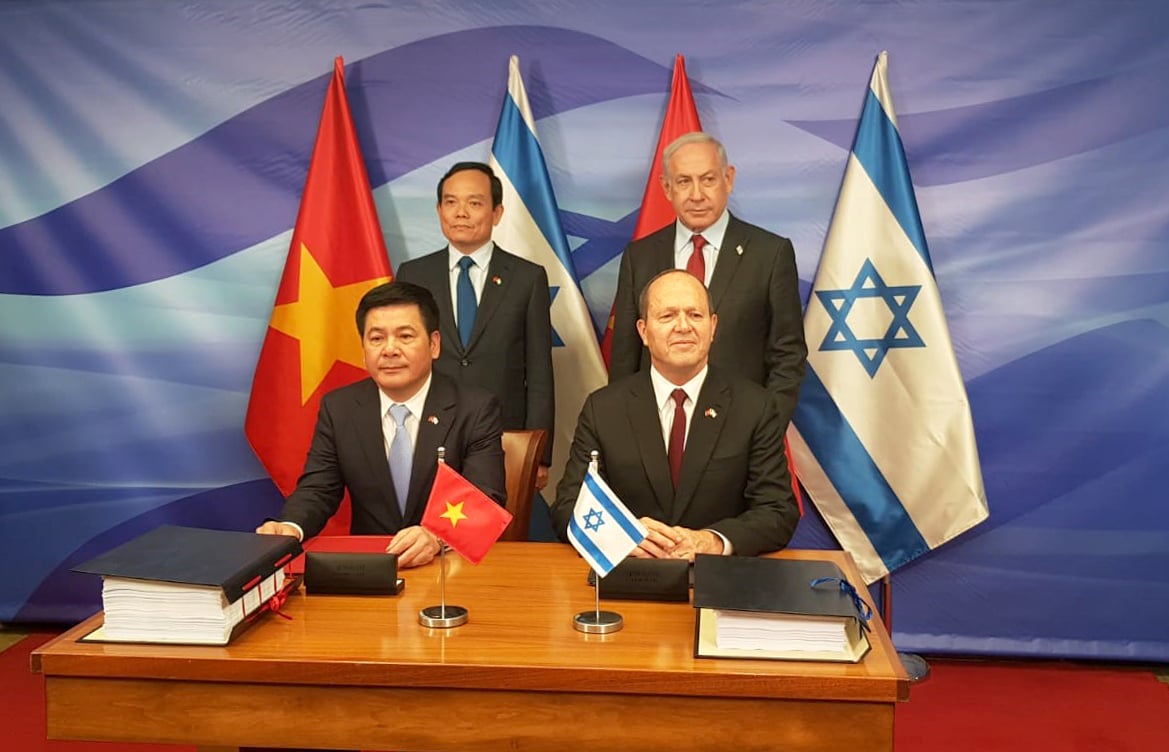
VIFTA was signed on July 25, after 7 years and 12 negotiating sessions.
Besides that is the procedure for making a list of import and export establishments. Businesses that have participated in implementing the contents of China's Decrees 248 and 249 from the beginning of 2022 to now must understand this. To make it easier to imagine, if it is in the exporter's registration, the business will be given more conditions for customs clearance.
Article 8 Chapter 6 states: After the exporting party initiates, depending on the process and procedures, the exporting party shall notify the importing party of a list of establishments complying with the importing party's requirements for approval, ensuring the satisfaction of food hygiene and safety conditions.
VIFTA also specifies the waiting period for the importer's approval. That is, within 45 days and without pre-verification of each facility. If the importing party requests additional information, the time limit is increased to a maximum of 30 working days.
Thus, businesses must remember this point during registration with the management agency. With each milestone, companies need to be close and proactive in promoting agricultural products and food export. At most, businesses will have 75 days to complete the registration documents.
When implementing VIFTA, the two sides will undoubtedly inform and exchange specific information on the list of businesses and ensure compliance with SPS measures and other regulations on food safety and disease safety to ensure the export cases.
VIFTA opens up opportunities to enter West Asia for Vietnamese agricultural products. However also need to note that the importing party (specifically Israel) still has the right to refuse the request for approval, with signature, if the partner cannot meet the requirements of standards and regulations.
The competent authority of the importing party also has the right to suspend or withdraw an import permit for an individual or establishment in the event of non-compliance by the other party. It can be affirmed that the business listing procedure is very transparent and public for both parties, from the chronological order to the regulations on notification and license withdrawal.
The last thing businesses must consider is that the importing party has the right to take urgent measures to ban imports. Urgent measures taken by the importing party shall be notified in writing to the other party through the competent authority of the exporting country within 2 working days from the date of the decision on implementation. The importing party also fully states the relevant reasons, including any serious or significant risk to human, animal, or plant life or health.
Food emergencies can affect trade between the two sides. Therefore, consultations between the competent authorities of the two sides will be held within 10 working days from the date of notification. This content is stated in Article 13 to ensure the interests of both sides.
VIFTA has marked the tireless efforts of the two countries after 7 years with 12 negotiation sessions. The agreement reached in all chapters of the agreement, especially the two sides' strong commitment to increasing the trade liberalization rate, with the overall liberalization rate towards the end of Israel's commitment schedule. With 92.7% of tariff lines and Vietnam with 85.8% of tariff lines, two-way trade will surely grow dramatically, even reaching US$ 3 billion soon.
The signing and implementation of the VIFTA will create a favorable premise for Vietnam to promote the export of its goods to Israel, and at the same time have the opportunity to access Israeli high-tech products, contributing to reducing production and business costs and improving the competitiveness of Vietnamese goods".
Translated by Ha Phuc
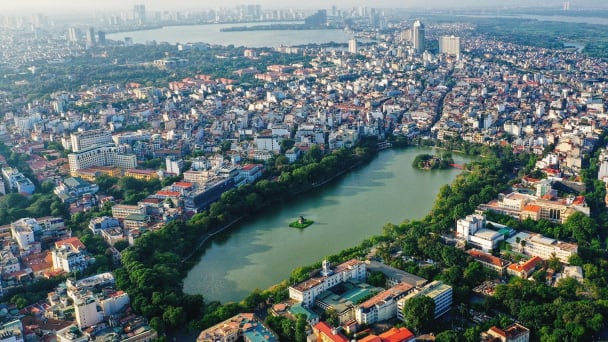
(VAN) After the merger, key leadership personnel of the provinces must consult with the General Secretary, key leaders, and the Standing Secretariat.
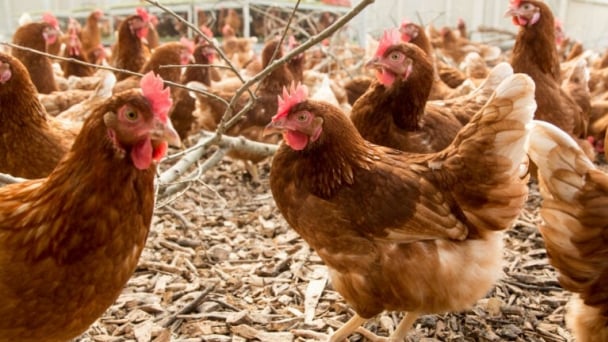
(VAN) The latest Business Benchmark on Farm Animal Welfare (BBFAW) reveals steady progress on farm animal welfare across the global food industry.

(VAN) Green credit is a financial policy that effectively supports environmentally friendly projects and activities today.
/2025/04/09/1049-2-165919_630.jpg)
(VAN) With a revenue of less than VND 30 billion/year, packaging producers are exempted from EPR liability under Decree No. 05/2025 newly issued.
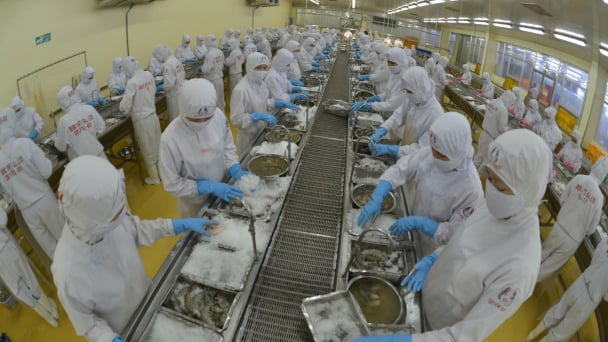
(VAN) Ministry of Agriculture and Environment has issued an Action Plan for sector's development in the coming period, aiming for a growth rate of 4% or higher and an export turnover of USD 65 billion.
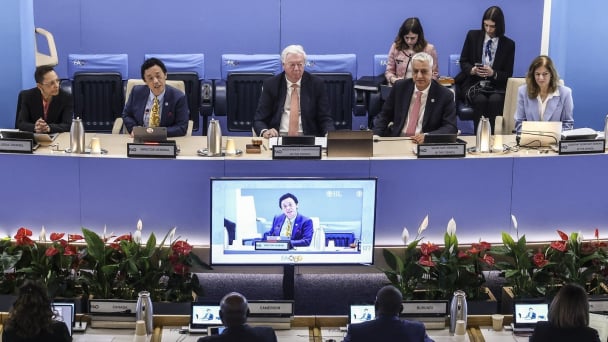
(VAN) The 177th Session of the FAO Council opened on Monday at the Organization’s headquarters in Rome.
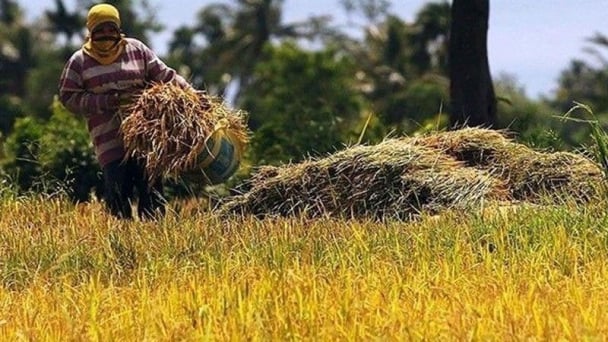
(VAN) In a statement, the Federation of Free Farmers (FFF) said the government must not be complacent over the reciprocal tariffs even if the Philippines will be slapped with the second lowest rate among US trade partners.